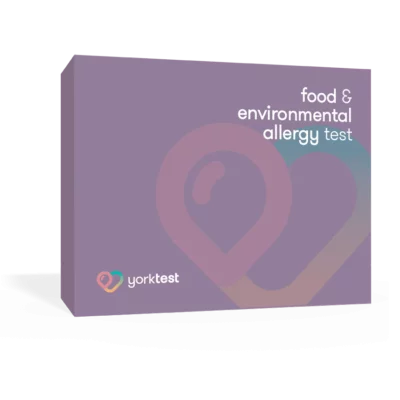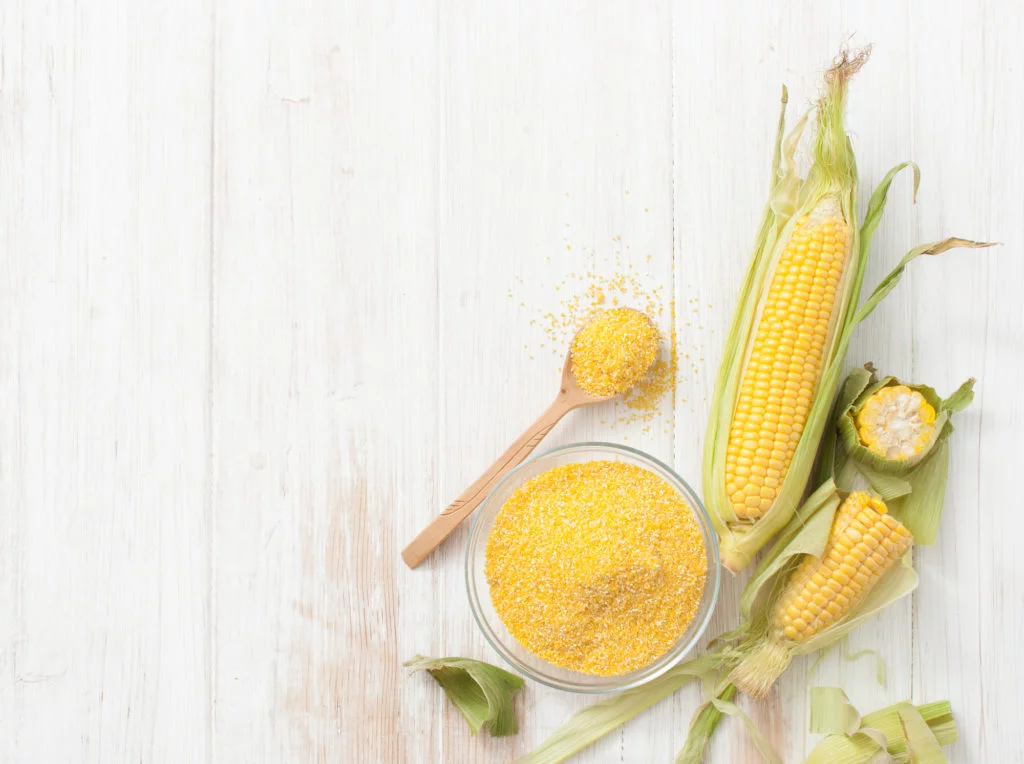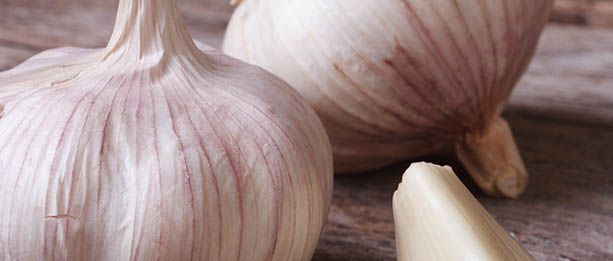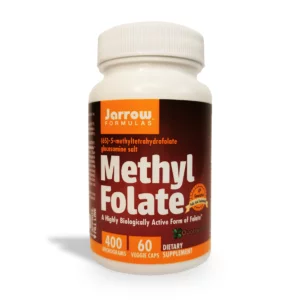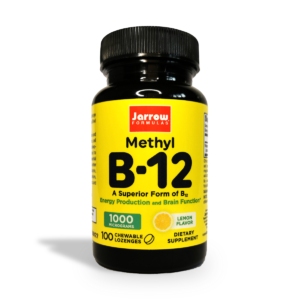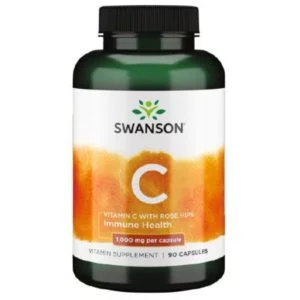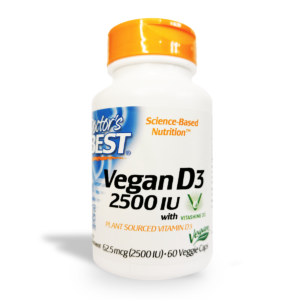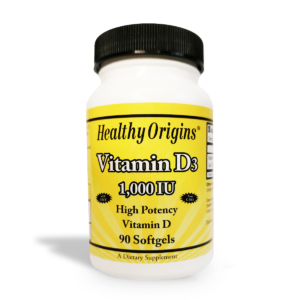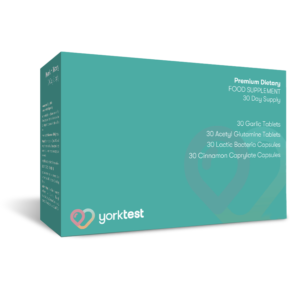What’s a Potato Allergy? The Root Cause
Food allergies can occur when the immune system reacts adversely to certain compounds found in foods. In the case of a potato allergy, the immune system ‘mistakes’ certain proteins within the potato as harmful substances and responds defensively, such as when bacteria or viruses are present.
The root causes of potato allergies and reactions are characterised by either an individual’s immune system or being susceptible to a chemical sensitivity; both having a negative reaction to certain compounds found in potatoes. Among the most common culprits that can trigger an adverse response are patatin and solanine, which are both naturally found in all potato varieties.
Solanine, a Common Toxin in All Nightshades
Solanine is a toxic alkaloid that’s semi-poisonous as a defence mechanism against animal predators. With the exception of ‘green potatoes’ (which are often caused by improper storage and contain higher levels of this toxin), solanine is generally safe to eat in moderation when consuming potatoes and other agricultural nightshades.
While actual solanine poisoning can cause severe gastrointestinal issues, the immune system is not normally involved in the reaction, it being a chemical reaction to the alkaloid. However, some individuals are unable to tolerate even small doses of solanine, and can thereby have an allergy or intolerance to potatoes or multiple nightshades.
Patatin, a Prevalent Allergen in All Potatoes
Patatin, which is the major storage protein found in all potatoes, is more widely known as the primary contributor to those who suffer from a potato allergy. Very different from solanine, patatin has been studied and identified as the major cause of potato allergy, particularly symptoms like eczema, dermatitis, rashes, hives, and other skin conditions.




